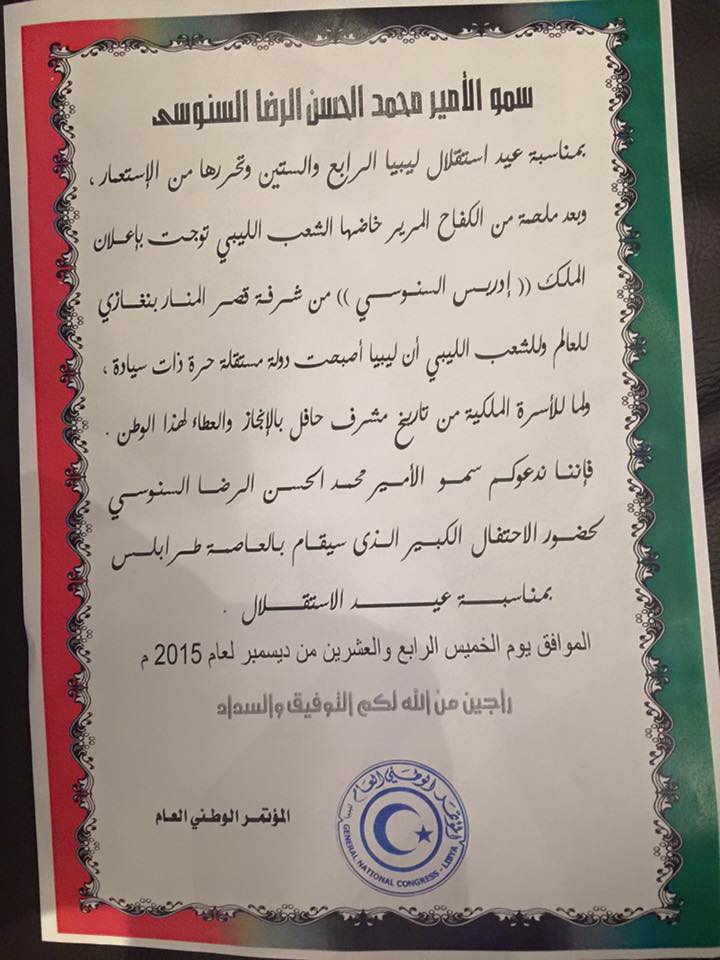By Libya Herald staff.

Tunis, 23 December 2015:
The head of the Libya Investment Authority (LIA) in Tripoli, AbdulMajid Breish, who insists that . . .[restrict]the LIA controlled by him is fully independent in the country’s current divisions, has called on the UN not to unfreeze Libyan assets until a national unity government is operating in the capital.
“While important negotiations on a National Unity Government continue, it is imperative that the Libyan Investment Authority’s assets remain ?frozen to safeguard them against the continued threat of misappropriation and corruption,” Breish has said in a press statement.
It would, he added “be dangerous, and deeply counter-productive, to let the prospect of peace provide an excuse for unfreezing any of the LIA’s assets”.
In his statement, he said the LIA would “review the sanctions only when the political situation in Libya stabilises and we have an operational National Unity Government operating out of Tripoli”.
In a reference to the separate LIA administration headed by Hassan Bouhadi set up by the Beida government of Abdullah Thinni, he stated that “rogue parallel institutions outside the country have been appealing to the international community to loosen the sanction regime on LIA’s assets in order to gain access to these funds”.
Bouhadi’s LIA is based in Malta and in September asked the High Court in London to fast track a ruling on who has authority over the LIA’s $67 billion-worth of assets around the world. In an interim verdict, the court called on the British government to state whom it recognised – the Thinni government in Beida or the Khalifa Ghwell one in Tripoli – adding it would issue a final decision in March next year.
Officially, the UK position is that it does not recognise government but states. In reality, however, it is backing the new Government of National Accord (GNA) headed by Faiez Serraj which was formally signed into existence by the UN-led Libya Dialogue in Skhirat, Morocco, last week. Moreover, taking a position that is bound to affect the court’s decision in March, it agreed at the 13 December Libya Conference in Rome that it would cease all dealings with individuals connected to the LIA, the Central Bank of Libya and the National Oil Corporation who did not “function under the stewardship of a Government of National Accord”.
It is unclear from Breish’s reference to a national unity government if he means the GNA. The rival “Libya-Libya” process being driven by the presidents of both the General National Congress and the House of Representatives also now intends to try and appoint a separate national unity government.
As to the unity government having to operate out of Tripoli, it appears extremely unlikely that the GNA will be able to do so in the near future because of militia opposition to it. [/restrict]










